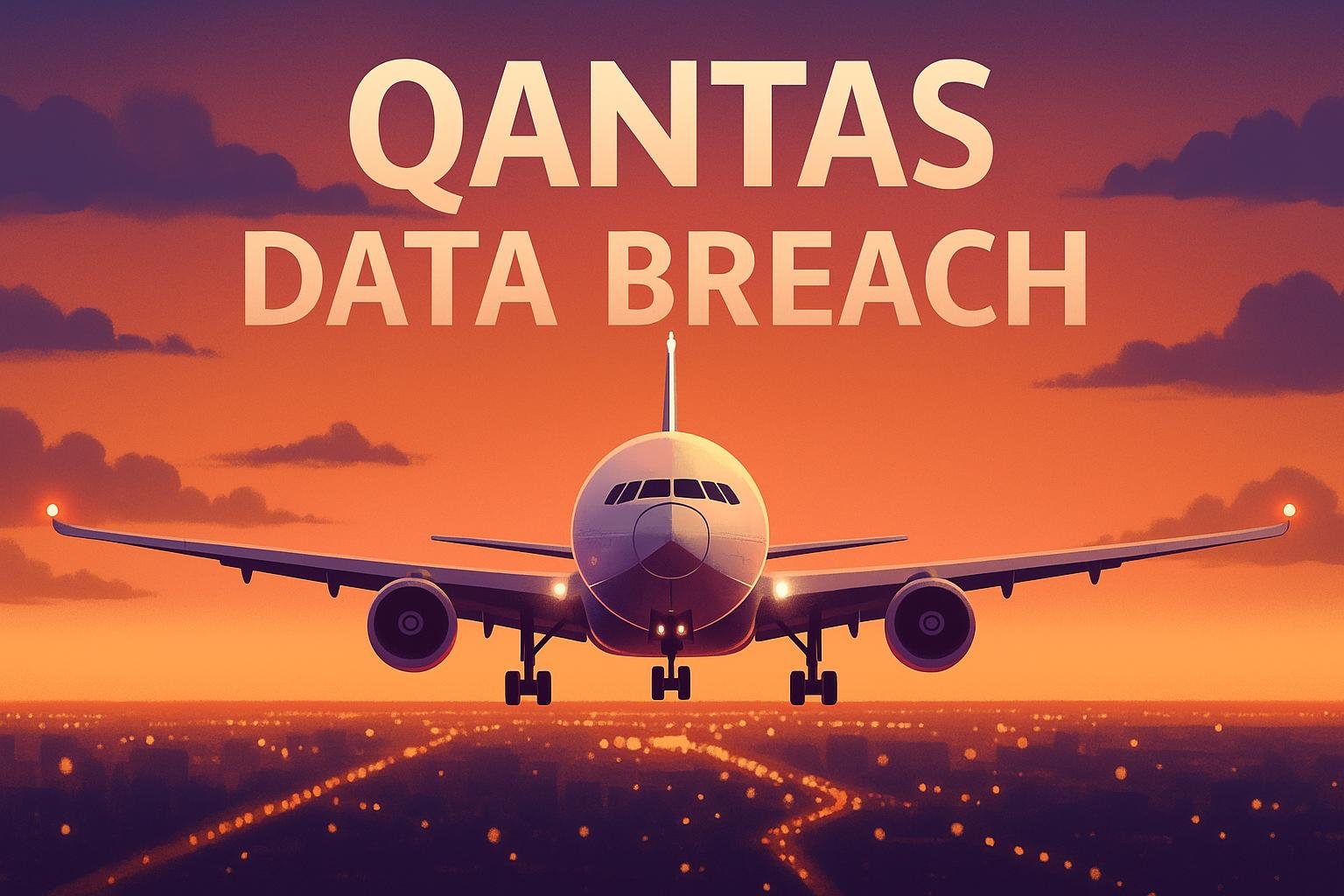Qantas Airways, Australia’s flagship carrier, has suffered a massive cyber breach impacting the personal data of six million customers. As investigations unfold, the incident raises alarming questions about the resilience of airline cybersecurity and the growing threat posed by sophisticated hacker groups.
A Coordinated Cyber Assault on Trust
In what has been described as Australia’s most severe data breach in years, Qantas Airways confirmed that a cybercriminal accessed the personal information of six million customers through a third-party customer service platform. The breach, described as highly coordinated and sophisticated, exposed names, email addresses, phone numbers, birth dates, and frequent flyer numbers.
The hacker reportedly infiltrated a call center system, bypassing security protocols to gain unauthorized entry to the sensitive database. The breach triggered immediate containment measures after Qantas detected unusual activity on the affected platform.
While the airline has not disclosed the exact location of the compromised call center or identified the responsible threat actor, cybersecurity experts and government agencies suspect a known cybercrime group may be involved.
Scattered Spider Suspected, FBI Raises Alarm
The U.S. Federal Bureau of Investigation recently warned that a group known as Scattered Spider had been actively targeting airlines, with recent attacks reported on Hawaiian Airlines and Canada’s WestJet. Although Qantas did not name this group, the nature of the breach aligns with Scattered Spider’s modus operandi—impersonating tech support to extract employee credentials.
Mark Thomas, Australia director at Arctic Wolf, described the breach as particularly troubling due to its scale and synchronization, calling Qantas “the latest victim” in a string of aviation-related attacks. Charles Carmakal, CTO at cybersecurity firm Mandiant, emphasized that while attribution remains premature, airlines worldwide must remain on high alert for social engineering attacks.
Qantas’ share price fell by 2.4% following the news, despite no operational disruptions being reported.
A Troubled Airline Faces More Scrutiny
This breach compounds the airline’s ongoing efforts to restore its public image following earlier scandals. In 2020, Qantas came under fire for illegally sacking ground staff during COVID-19 border closures while still drawing government stimulus funds. In another incident, the airline sold tickets for flights that had already been cancelled—damaging consumer trust.
In 2022, Qantas drew political ire for allegedly lobbying the government to limit Qatar Airways’ operations—a move regulators said hurt market competition.
Despite these setbacks, Qantas CEO Vanessa Hudson has made strides in improving the airline’s image since taking office in 2023. Responding to the breach, Hudson acknowledged the “uncertainty” the incident would cause but reaffirmed the airline’s commitment to handling customer data responsibly.
Regulatory & Legal Implications
Qantas has formally notified the Australian Cyber Security Centre (ACSC), the Office of the Australian Information Commissioner (OAIC), and the Australian Federal Police (AFP). While ACSC and AFP have confirmed awareness of the incident, no official statements were provided by OAIC.
Reassuringly, Qantas stated that frequent flyer account credentials, passwords, PINs, or login details were not accessed. However, the exposed data still places customers at risk of phishing, identity theft, and targeted scams.
This breach follows the 2022 cyberattacks on Optus and Medibank, which led to stronger cyber resilience laws in Australia—including mandatory incident reporting. With mounting pressure on corporate leaders, the Qantas incident could accelerate reforms in third-party vendor management and data security enforcement.



